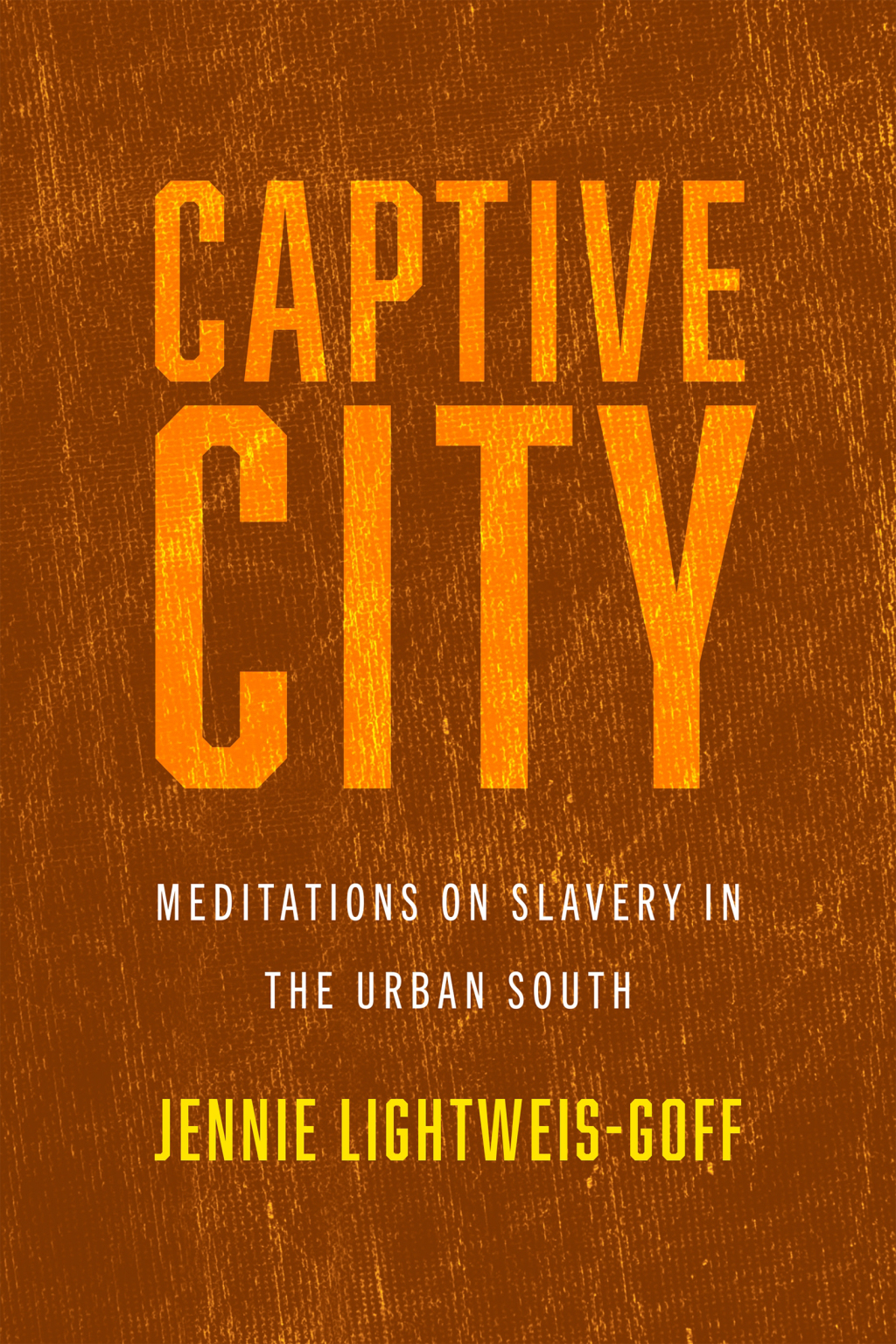Additional information
| Full Title | Captive City Meditations on Slavery in the Urban South |
|---|---|
| Author(s) | Jennie Lightweis-Goff |
| Edition | |
| ISBN | 9781512826692, 9781512826685 |
| Publisher | University of Pennsylvania Press |
| Format | PDF and EPUB |
Original price was: $44.95.$13.49Current price is: $13.49.
Access Captive City Meditations on Slavery in the Urban South Now. Discount up to 90%
| Full Title | Captive City Meditations on Slavery in the Urban South |
|---|---|
| Author(s) | Jennie Lightweis-Goff |
| Edition | |
| ISBN | 9781512826692, 9781512826685 |
| Publisher | University of Pennsylvania Press |
| Format | PDF and EPUB |
Explores the legacies of slavery in Southern cities along the Gulf and Atlantic coasts
Cities are fraught sites in the national imagination, turned into identity markers when “urban” and “rural” indicate tastes rather than places. Cities bring chaos, draining the lifeblood of the nation like a tick draws blood from its host, to paraphrase Thomas Jefferson’s anti-urban polemics, which might have been written during any election year—centuries or months ago. Racism and anti-urbanism were born conjoined during the Revolution. Like their Atlantic coastal counterparts in the US North, Southern cities —similarly polyglot and cosmopolitan—resist the dominant, mutually inclusive prejudices of the nation that fails to contain them on its eroding, flooding coasts.
Captive City explores the paths of slavery in coastal cities, arguing that captivity haunts the “hospitality” cultures of Charleston, New Orleans, Savannah, and Baltimore. It is not a history of urban slavery, but a literary reflection that argues for coastal cities as a distinct region that scrambles time, resisting the “post” in postindustrial and the “neo” in neoliberalism. Jennie Lightweis-Goff offers a cultural exploration bound by American literature, especially life-writing by the enslaved, as well as compelling reassessments of works by canonical writers such as Frederick Douglass, Harriet Jacobs, and Hector St. John de Crevecoeur.
Lightweis-Goff reveals how the preserved yet fragile landscapes of these cities are haunted—not simply by the ghost tours that are signature stops for travelers in their historic districts—but by the echoes of slavery in their economies and built environments.
